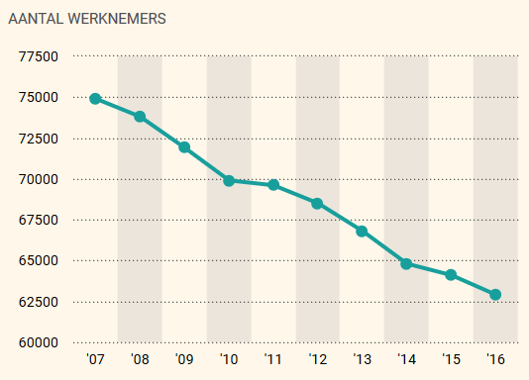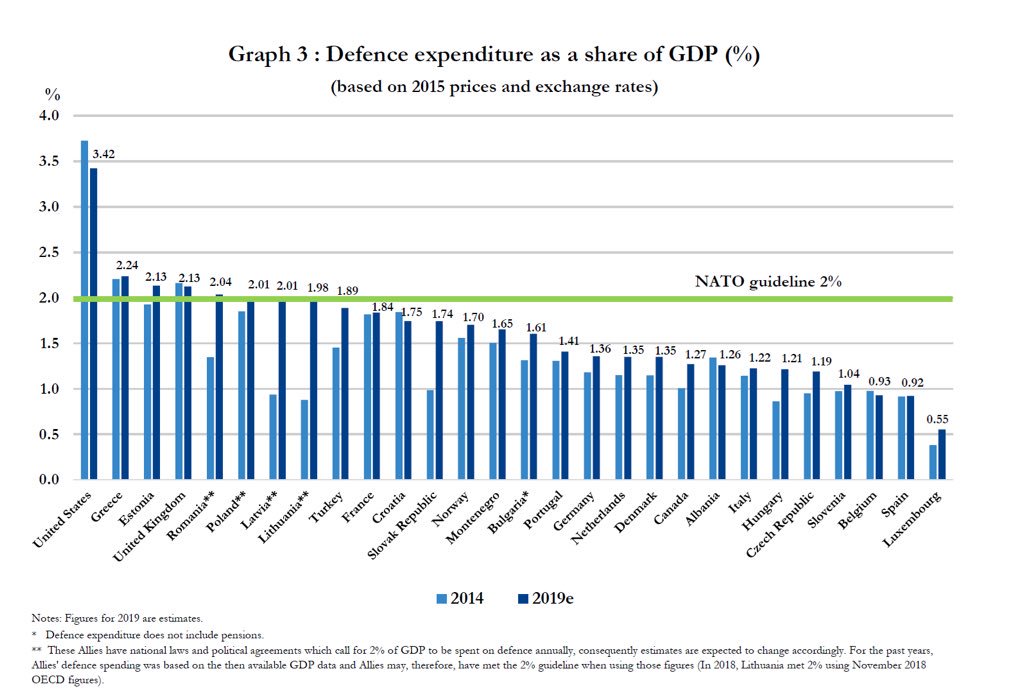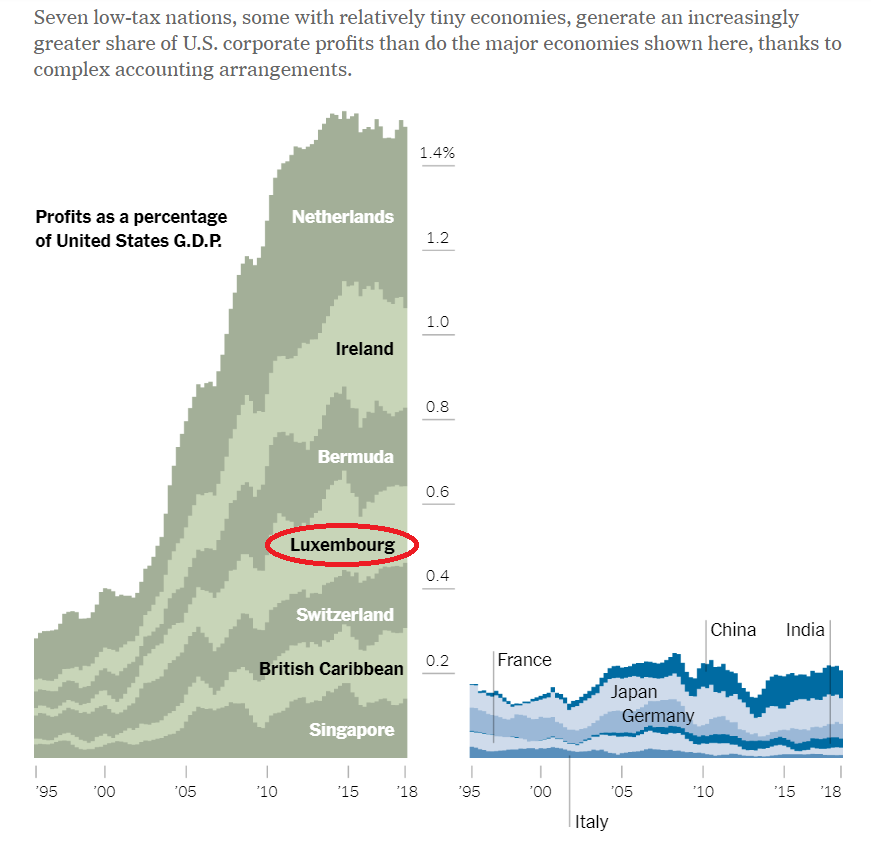Op 29 oktober 1919 voerde België de inkomstenbelasting in.
Professor Michel Maus beschrijft hier hoe het systeem de voorbije eeuw veranderde. In het begin werden lonen, roerende en onroerende inkomsten progressief belast. Wie meer verdiende, betaalde met andere woorden ook een hoger percentage belastingen. De hoogste belastingschijf, met een belastingvoet van 27,3%, had een ondergrens van één miljoen frank. Dat komt overeen met anderhalf miljoen euro in de prijzen van 2019.
Ter vergelijking, op je inkomsten in de hoogste schijf moet je momenteel 50% belasting betalen1. En die hoogste schijf begint momenteel bij 40 000 euro, niet bij 1 500 000.
Bovendien worden roerende inkomsten aan een lager, vlak tarief belast. Resultaat: wie kan, beschermt zich tegen de fiscus met een vennootschap. Van het progressief systeem uit 1919 blijft niet veel meer over, behalve voor werknemers.
Conclusie van Michel Maus:
Het wordt dan ook hoog tijd om weer eens na te denken over de fundamenten van ons fiscaal systeem.




